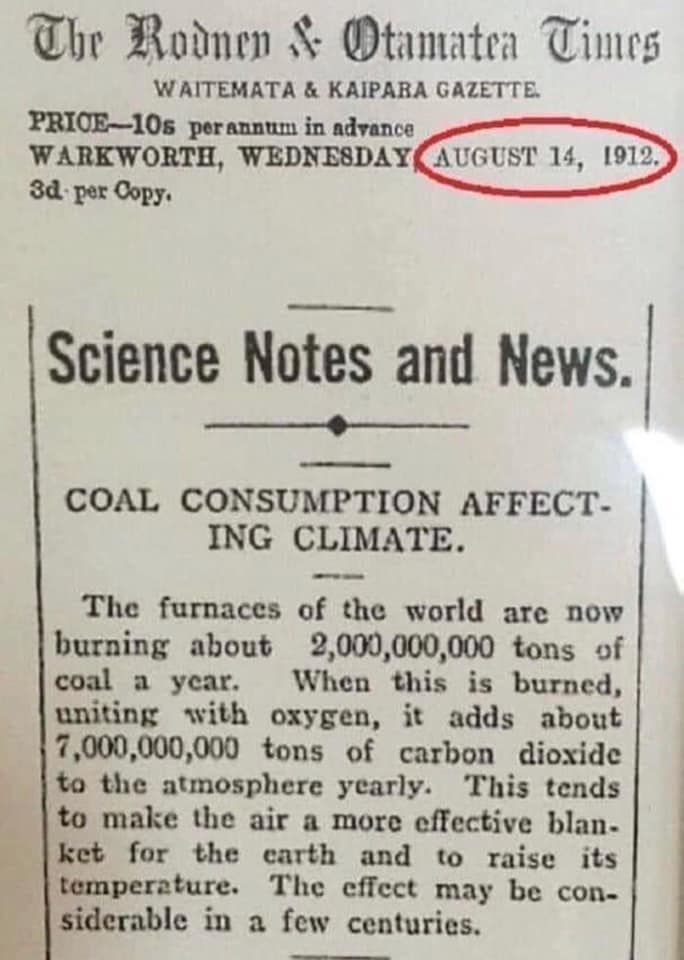“A new study suggests that if Europe planted trees across all the land suitable for reforestation, it might not only sequester carbon but also partially ameliorate the increasingly dry European summers predicted by climate change models.”
Plant more trees! This message has been one of the cornerstones of the European response to worsening climate change. A new study published in Nature Geoscience suggests that if Europe planted trees across all the land suitable for reforestation, it might not only sequester carbon, but also partially ameliorate the increasingly dry European summers predicted by climate change models. In all, mass reforestation could increase summer rainfall by an average of 7.6%.
“When planned carefully, reforestation could result in additional benefits in regions where it is implemented,” said Ronny Meier, a researcher at the Swiss Federal Institute of Technology, Zurich (ETH Zürich), and lead author on the study.
Scientists have long identified a link between forests and rainfall, with scientists in the 1850s expressing alarm at reduced rainfall following deforestation. The exact mechanisms of this relationship are, however, still not fully understood. Meier and his colleagues used data from 3,481 rain-gauge stations across Europe to build a statistical model linking forest cover and rainfall levels. The research team then used the model to predict how much rainfall might change if forest cover increased.






